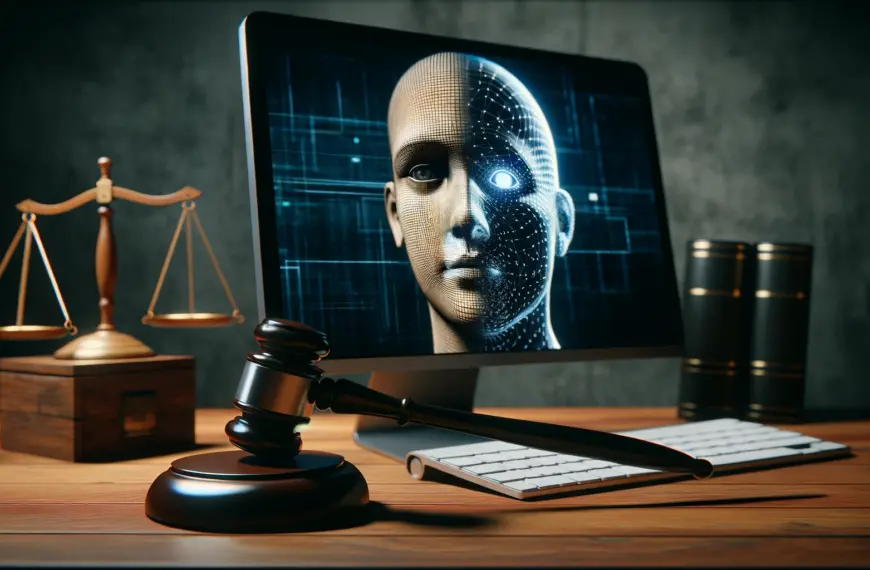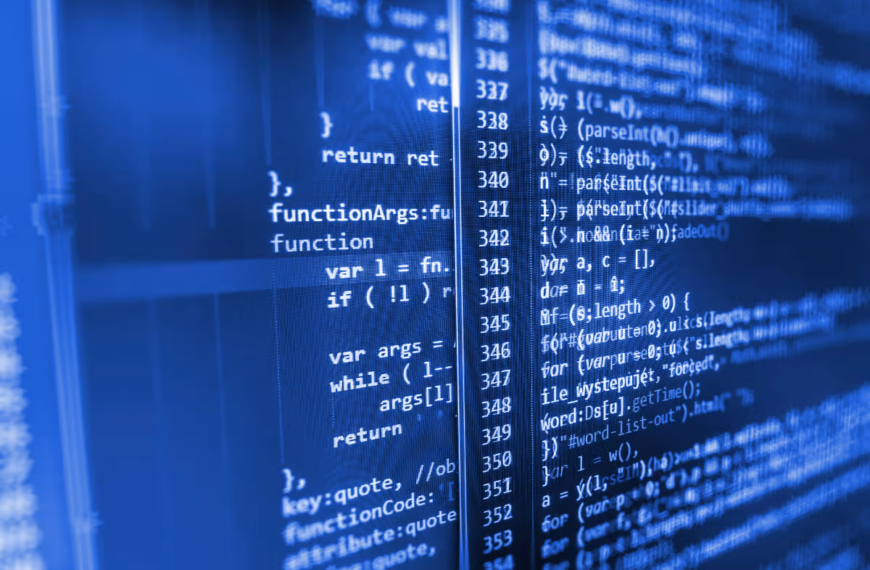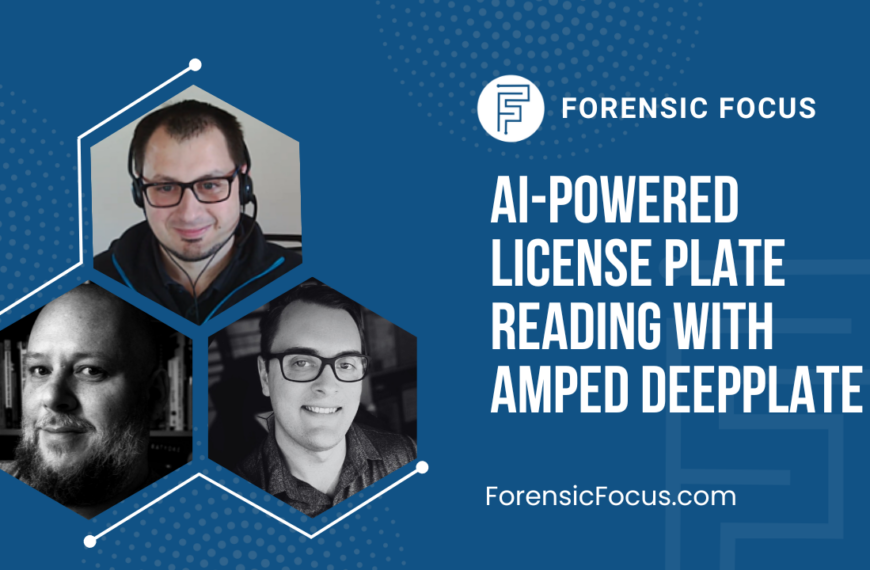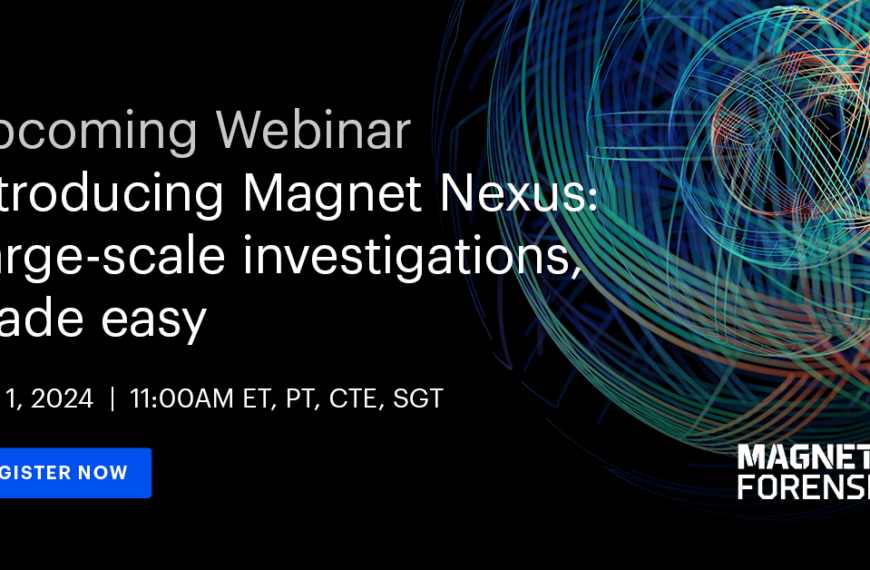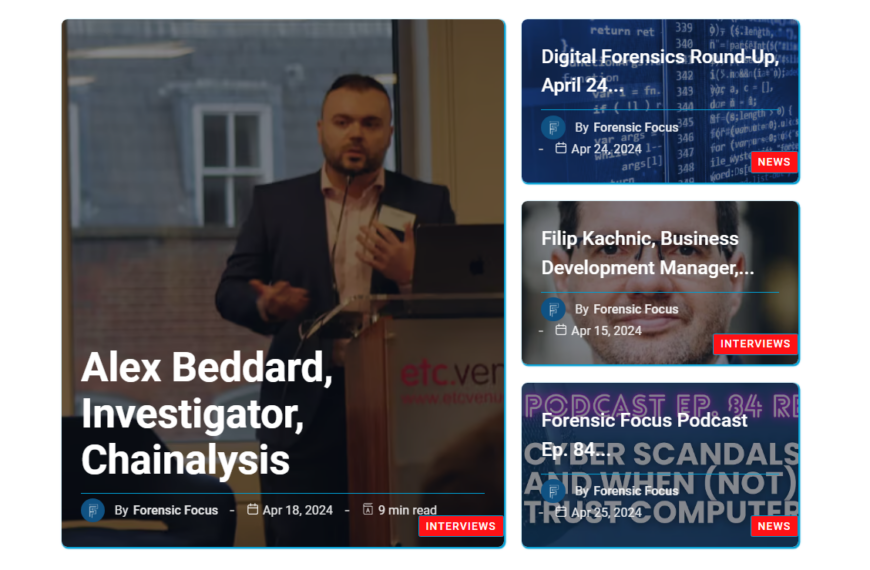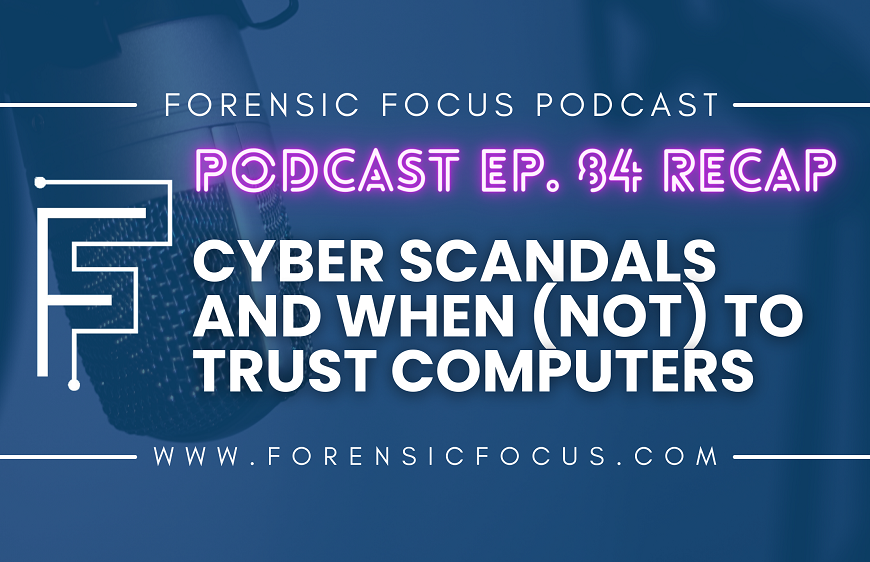 Robert, please tell us a little about yourself and your role at Guidance Software
Robert, please tell us a little about yourself and your role at Guidance Software
I’m the new Product Marketing Manager of Forensic Solutions which includes EnCase Forensic, Encase Portable and Tableau products.
I have been in marketing for over 15 years with technology brands like Hewlett Packard, Kodak, and most recently in e-Discovery with Ricoh Legal.
Version 7 of EnCase introduced significant changes, the reaction to some of which was mixed within the forensic community. What kind of feedback did you receive from users?
For our customers who have been using EnCase, the new look of Version 7 was a bit of a transition and took some adjustment. For new users however, the interface is similar to the look and feel of other popular programs so we’ve seen the learning curve for users new to the software become shorter.From a customer experience perspective, Guidance marketing and technical support has provided webinars and other tools to assist users in making a smooth transition. We believe their investment in getting comfortable with the new interface will increase their efficiency.
Further, as we have upgraded the software culminating with Version 7.05; we are learning that the increased speed of processing data and several of the new features including prioritized processing are dramatically helping our customers increase their productivity.
Please talk us through some of the major developments since Version 7 was first released (i.e. up to Version 7.05)
We have a strong “Voice of Customer” perspective within our R&D team and the customers had very clear problems to solve. Consistently our users have asked us to focus on efficiency and functionality in order to help them reduce their caseloads. Thus, in each revision of Version 7, users have seen the evidence processor speeds increase dramatically. Further, we’ve added the ability for users to conduct analysis outside the evidence processor itself so that they can perform triage on the data they’ve collected.
Concerning functionality, searching for keywords or tagged items is far more intuitive in Version 7. Users can now see a summary of which items have been tagged and easily review each one independently or in aggregate. In addition, when users export the data relevant to the case to the review package they are finding that the process and subsequent analysis is easier and more straightforward than before.
Finally, users are finding that the ability to share the review package outside of EnCase with other investigators or counsel is a significant upgrade. Also, thanks to feedback from our many law enforcement training customers, we’ve added new functionality to our reporting tools including refreshed report templates and a more customizable set of report fields.
What changes and new features can users expect to see in v7.05?
One of the most significant improvements we’ve identified in testing has been significantly increased processing speed. In test cases, data processed up to five times more quickly than 7.04. In addition, we added several other features like prioritized processing for the user that directly increases productivity.
The new prioritized processing feature allows users to choose which files they want to process in order to provide a quick investigation into the data to see if further searching is warranted. Thus, they can limit their searches to date ranges, images, or documents depending on the investigator’s needs.
To increase productivity further, we’ve added report templates with HTML links, improved search functionality, and faster filtering options. We are excited about the improvements; and based on initial reactions from the users of Version 7.05 we have spoken to, they appear to be excited as well.
Briefly, what do you see as the greatest strength of EnCase v7.05 when compared against competing products?
EnCase is relied upon by our users to find evidence that other software can’t; that has always been our foundation. The improvements we have added to that foundation have typically been focused on user experience, functionality, and speed.
We improved the ease of use with interface improvements in Version 7 and added functionality focused on automating tasks like searching and reporting with the productivity of the investigator in mind. I feel we’ve reached a point with Version 7.05 where we were able to add speed enhancements to processing data that our users will have never experienced with any competing software.
What further developments can we expect to see as far as this version of Encase is concerned?
Building on the improvements delivered in Version 7.05, we have planned several updates for the growing diversity of computer operating systems including Mac OSX, iOS, Android, and Windows 8. Also, as most of our users know, Version 7 from its inception has included support for smartphones out-of-the-box; we will continue to expand support for smartphones.
One of the most exciting new features in the next version of Forensic will allow users to connect, preview, and image a remote machine. Investigators require and use this technology currently; however, with v7.06 it will be a seamless part of the software and their experience.









